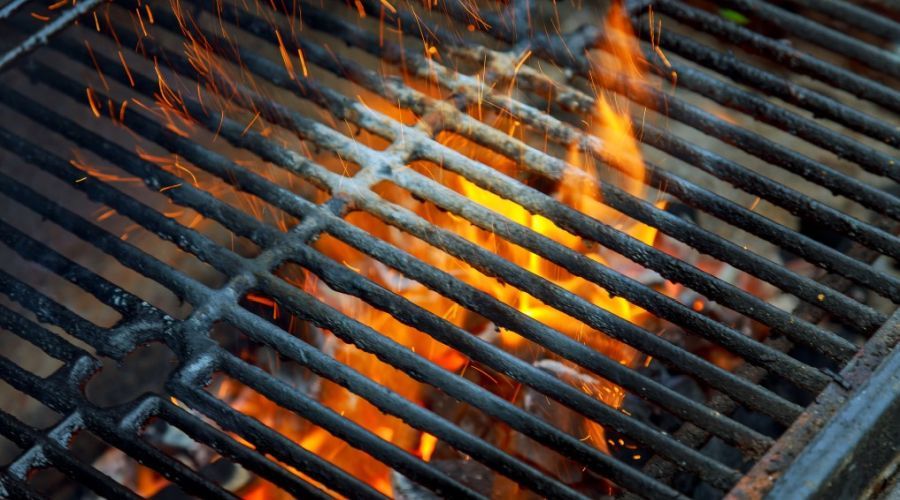Grilling Tips from Pitmasters: Master the Art of BBQ
Written By James Morgan
Every barbecue enthusiast knows that grilling is not just a method of cooking; it's an art form. To truly excel in this culinary craft, learning from the best is key. That's why we've gathered some invaluable grilling tips from pitmasters to elevate your barbecue game. From choosing the right fuel to mastering the perfect sear, these tips will transform your grilling experience.

The Importance of the Right Tools
Before diving into the techniques, let's talk about the importance of using the right tools. Whether you're a seasoned griller or a beginner, having high-quality equipment is essential. Consider investing in a good set of grill grates. They ensure even heat distribution and prevent food from sticking. For more insights, check out this detailed article on the benefits of upgrading your grill grates.
Choosing the Right Fuel
One of the most crucial decisions in grilling is choosing the right fuel. According to many pitmasters, the choice between charcoal, wood, or gas can significantly impact the flavor of your food. Charcoal provides a robust, smoky flavor, while wood can add unique aromatic notes. Gas is convenient for consistent heat. For safety tips on using different fuels, refer to our guide on safe grilling practices.
Perfecting the Sear
Achieving the perfect sear is a skill that separates amateur grillers from the pros. The key is to preheat the grill to a high temperature before placing your meat on it. This creates a delicious crust while keeping the inside juicy. According to experts, using a grill grate with raised rails can enhance your searing technique. To learn more about how professionals achieve this, explore our article on how pro chefs use grill grates.
Temperature Control
Temperature control is a critical aspect of grilling. It's important to know when to use direct heat and when to switch to indirect heat. Direct heat is perfect for quick-cooking items like burgers and steaks, while indirect heat is ideal for larger cuts of meat that require longer cooking times. Many pitmasters recommend using a thermometer to monitor the internal temperature of your meat to ensure it's cooked to perfection.
Resting Your Meat
One of the most overlooked steps in grilling is letting your meat rest after cooking. Resting allows the juices to redistribute, making the meat more flavorful and tender. Depending on the size of the meat, resting time can vary from five to fifteen minutes. This simple step can make a huge difference in the quality of your barbecue.
For those looking to deepen their grilling knowledge, joining forums can be beneficial. Check out some of the best grill grate forums to connect with other barbecue enthusiasts.
Experimenting with Flavors
Don't be afraid to experiment with different flavors. Pitmasters often use a variety of rubs and marinades to enhance the taste of their meat. Whether you prefer a classic dry rub or a sweet and tangy marinade, experimenting can lead to delicious discoveries. Additionally, using different types of wood chips can add unique flavors to your food. Hickory, mesquite, and applewood are popular choices among pitmasters.
Cleaning and Maintenance
Proper cleaning and maintenance of your grill are essential for ensuring longevity and optimal performance. After each use, make sure to clean the grill grates thoroughly to prevent buildup and maintain hygiene. For tips on how to clean your grill effectively, visit this comprehensive guide on grill cleaning.

FAQs
What is the best fuel for grilling?
The best fuel depends on your preference for flavor and convenience. Charcoal offers a smoky flavor, wood adds aromatic notes, and gas provides consistent heat.
How can I achieve the perfect sear?
To achieve the perfect sear, preheat your grill to a high temperature and use a grill grate with raised rails. This ensures a delicious crust while keeping the inside juicy.
Why is resting meat important?
Resting meat allows the juices to redistribute, resulting in a more flavorful and tender outcome. It's a crucial step that should not be skipped.



